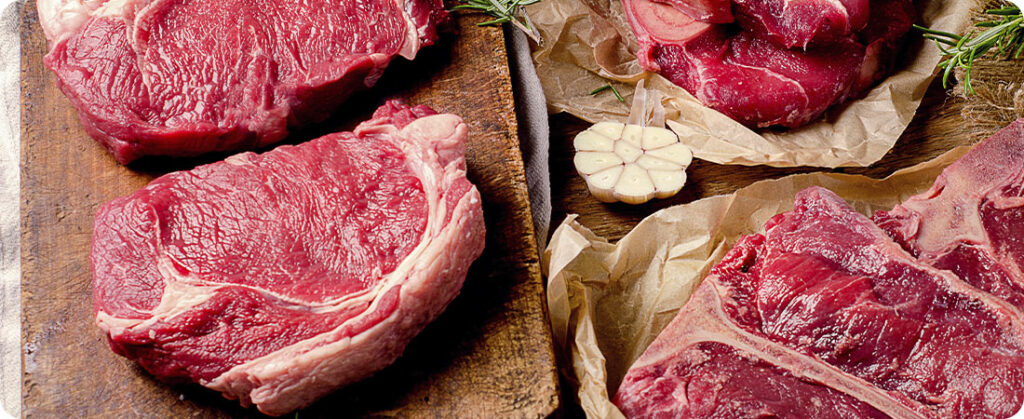
Italian deputies approved a law banning the production, sale or import of cultivated meat or animal feed. The measure was taken after pressure from farmer groups, as reported by the BBC. The new legislation represents a victory for Italy's agriculture minister, Francesco Lollobrigida. He had committed, according to a report on November 17, to avoid the arrival of “synthetic foods” on Italian tables.
The report highlights clashes between farmers and deputies during demonstrations. These occurred amid positions for and against the ban, marking the vote in parliament.
Despite protests, parliament approved the bill with 159 votes in favor and 53 against. Violating the law would result in a fine of up to €60,000 (US$ 657,420).
Current legislation prohibits the production of synthetic foods without sacrificing animals. Additionally, it prevents the use of meat-related terms on labels to describe plant-based proteins, according to the report.
Critics argue that growing natural cells without genetic modification creates lab-grown meat, not synthetic meat.
Additionally, the law represents a setback for animal welfare groups, who viewed lab-grown meat as a solution to mitigating carbon emissions into the environment, according to the report.
The BBC reported that the law will have little immediate impact as, so far, cultured meat has only received approval for human consumption in Singapore and the US. In Europe, laboratory-grown meat is classified as a “novel food”, which requires a safety assessment by the European Food Safety Authority, in addition to the need for authorization from member states and the European Commission.
Source: Oils & Fats International










